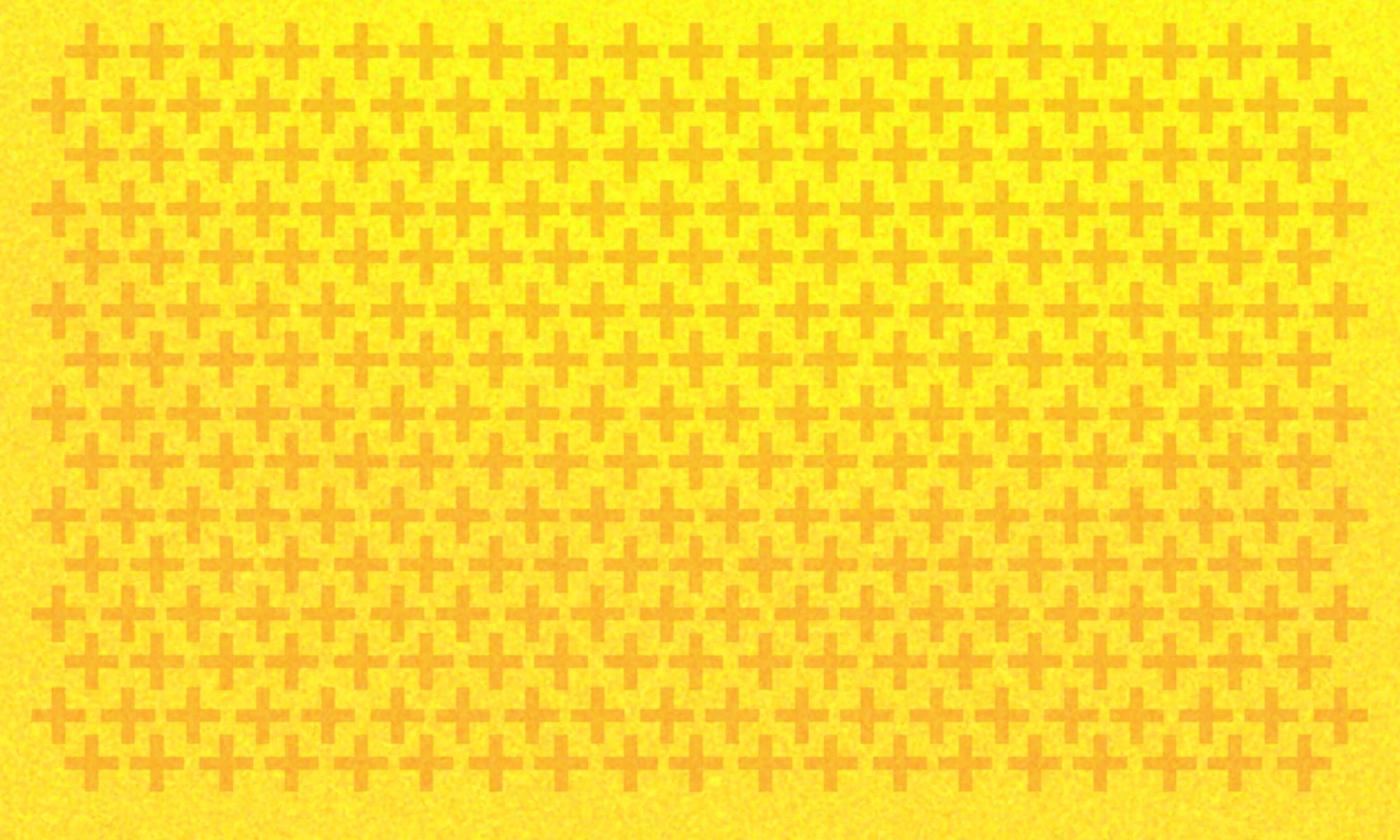Nintendo announced yesterday that, at the end of May, they will be switching off the online services for two of its more successful consoles, the Wii and DS.
This makes a morbid kind of sense for the Japanese game giant in its current predicament; the 3DS is doing very well, but the WiiU has been a total cash-venting disaster up to this point. They’ve still got more money stuffed in the coffers than many other gaming companies, but a few sequential massive losses in year-on-year profit has been enough to make their investors, and probably the entire gaming industry, more than a little jittery. Free online multiplayer is not a cheap prospect, even in Nintendo’s weirdly restricted form, and it’s easy to see how the cutting of this service might stem the outward flow just a little.
However, it could be argued that this move goes deeper. The problem in the Wii itself: it’s still hugely, massively popular. Many of the players who discovered the delights of the relativity cheap, niche console are still playing on it; for many of the kids I know, it’s a staple of the playroom, plastic steering wheels strewn on the floor a solid indicator of what they’ve been playing. When the WiiU came out, it was undoubedly Nintendo’s plan that all these Wii players would instantly upgrade to the new console, bringing their games with them. However, this didn’t happen, a mixture of muddled marketing and high cost proving to be off-putting to all but the Nintendo hardcore. And why would they change? Where was the allure in a pricey and weird screen-out-of-screen experience if all they wanted was more of what they know?
This brand abandonment, seemingly obvious to all but Nintendo, has really stung. A lack of installed base (even in Japan) has led to third-party developers dropping the WiiU like a hot rock. This puts extra emphasis on the first-party output, an area in which Nintendo has always appeared sluggish compared to its competitors. Their games are always spectacular, let’s not forget that, but they can have precious months of daylight between them. The WiiU, in the middle of this, occasionally shows how amazing it *could* be – games like *ZombieU* really showing the effectiveness of a separate screen, and the shining *Super Mario 3D World* a blissful example of Nintendo’s next-gen promise. But the console is just not in enough people’s rooms, and until that changes, the company has a real problem.
We’ve been here before,of course. Both the DS and Wii had dreadful starts that eventually transformed into record-breaking sales, games like *Super Smash Bros Wii* and *Brain Training* rocketing their popularity up through the stratosphere. And that’s where *Mario Kart Wii* comes i. In hindsight, its influence can be clearly seen; the sales figures started high and look a long time to taper off. It quickly became the most valuable of commodities – a game that sells consoles. Like *Halo*, like *God Of War*, like *Uncharted*, it became synonymous with the essence of the machine itself. In fact, *Mario Kart Wii*’s popularity has never really diminished and the online community was steady even years after release. So why close that now? Why would Nintendo shut down something so meaningful for so many people?
The answer, when viewed through this lens, becomes crystal clear. The Wii (and DS) online component is to be closed on the 20th May, and *Mario Kart 8* is released on the 30th. Nintendo aren’t being coy or passive here; they are in the business of forcing hands and putting people in unavoidable positions. Enjoy the multiplayer side of *Mario Kart*? Your Wii won’t do that any more. Sorry. Your new WiiU, however, will do that just fine.
Nintendo have an ace up their sleeve that is almost certainly going to be a huge seller – the name itself has enough resonance to guarantee that – and today’s news shows they’re aiming to capitalise on it for all its worth. There’s a very good chance it could pay off. After all, it’s happened before. However, the Wii was a good deal cheaper, and the WiiU doesn’t quite fall within the same budget for the parents that are going to be targeted by this move. Then there’s the question of quality – if *Mario Kart 8* somehow doesn’t live up to the series’ standards, then that could seriously diminish the effect of its release.
Then again, when it comes to *Mario Kart*, reviews don’t really even matter, especially to parents. Mario’s constantly gleaming face will be enough for them. It would be great if it did spark a sales revolution and the WiiU was finally accepted as the fantastic alternative to the style-over-substance approach from Microsoft and Sony with their respective next-gen consoles.
But, if it crashes and burns as the Blue Shell of commercialism flies up from behind to knock it clean over the edge of Rainbow Road, then Nintendo really, *really*, has a problem.



You must be logged in to post a comment.